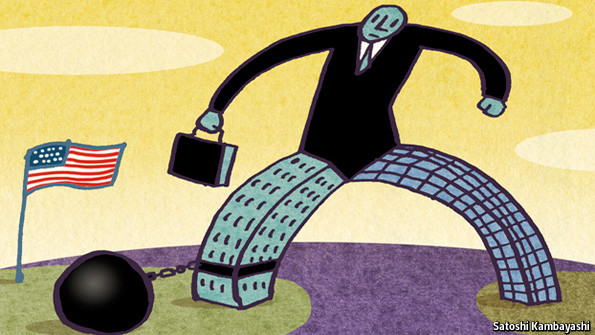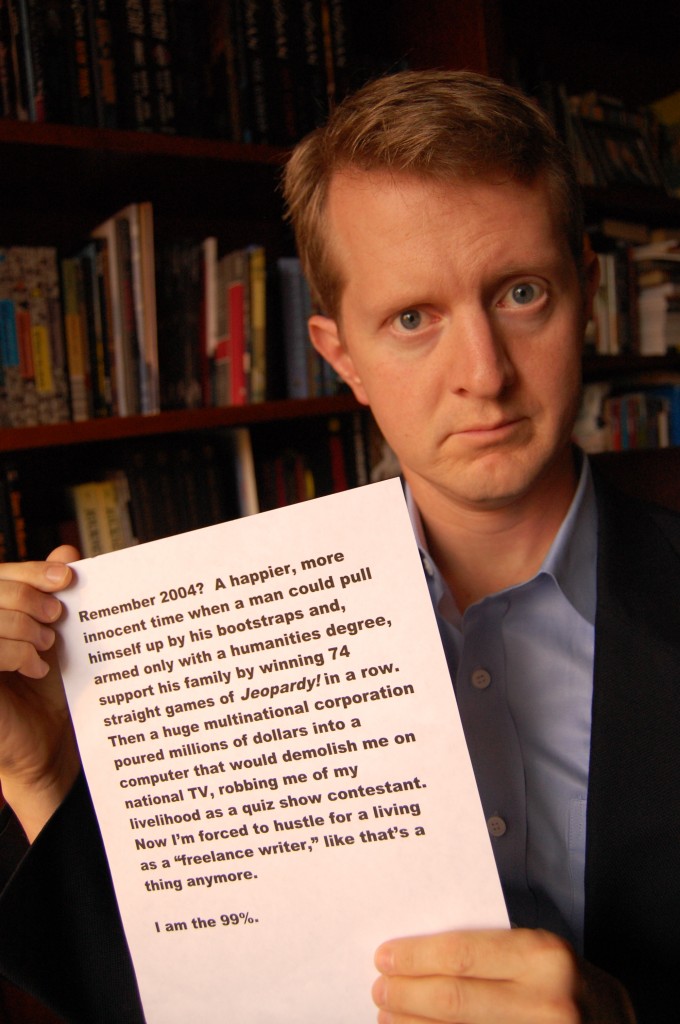Now, we don't have to worry about hunting and gathering. We worry about fat though. A lot. Abundance has become a problem. A huge problem. Even in the continent that has long been a poster-child for poverty and starvation!
In Africa, the world’s poorest continent, malnutrition is stubbornly widespread and millions of people are desperately hungry, with famine conditions looming in some war-torn countries.
But in many places, growing economies have led to growing waistlines. Obesity rates in sub-Saharan Africa are shooting up faster than in just about anywhere else in the world, causing a public health crisis that is catching Africa, and the world, by surprise.
Obesity is a not merely a public health issue, it now comes across as a pandemic!
The causes are the same:
Many Africans are eating more junk food, much of it imported. They are also getting much less exercise, as millions of people abandon a more active farming life to crowd into cities, where they tend to be more sedentary. More affordable cars and a wave of motorbike imports also mean that fewer Africans walk to work.
The older I get, the more I am pissed off that a whole bunch of smart and talented people spend their lives creating problems for humans. "Food scientists" create newer and unhealthy junk foods. MBAs devise devilish marketing strategies to trap especially the young and the poor. And more. Can't these talented devils use their brain power do something meaningful for humans, instead of being the glorified drug-dealers in lab coats and suits that they are, all in the name of "making money"?
Chile, which was ruined by the Chicago Boys who advised the strongman Pinochet, is on a hyperdrive against obesity:
They killed Tony the Tiger. They did away with Cheetos’ Chester Cheetah. They banned Kinder Surprise, the chocolate eggs with a hidden toy.
The Chilean government, facing skyrocketing rates of obesity, is waging war on unhealthy foods with a phalanx of marketing restrictions, mandatory packaging redesigns and labeling rules aimed at transforming the eating habits of 18 million people.
Nutrition experts say the measures are the world’s most ambitious attempt to remake a country’s food culture, and could be a model for how to turn the tide on a global obesity epidemic that researchers say contributes to four million premature deaths a year.
The modern (junk) food industry goes after kids with all kinds of marketing gimmicks. They are powerful child abusers, against whom most parents are simply powerless. I agree with the Chilean politician, Guido Girardi, who "publicly assailed big food companies as “21st century pedophiles.” Pedophiles in suits!







